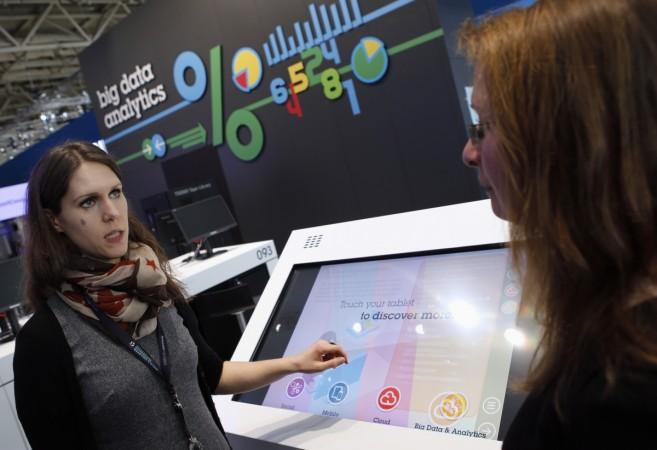
Big data is synonymous with huge volumes of information. The analysis of info is crucial to many businesses in today's dynamic world where studying patterns of buying and spending hold the key to growth. The flip side of such data falling in the hands of the unscrupulous is a risk that can't be shrugged off. With India fast moving towards digital economy after the demonetisation decision, and the government's impetus to going cashless with incentives, big data could emerge a game changer for the country.
In an interview with International Business Times, India edition, Manoj Kalyan - Associate Vice President at Brillio, a global technology company focused on digital transformation, shares his views on these topics. Excerpts from the interview:
IBTimes: What are the implications of demonetisation on big data?
Manoj Kalyan: In post-demonetisation scenario, the government expects more transactions to become digital. This means that every transaction will now be recorded and a trail can be established.
IBTimes: Who all can benefit from it?
Manoj Kalyan: Big data can be leveraged by both government agencies and banks effectively in different ways from identifying fraudulent transactions to finding spending pattern among consumers. It also helps in identifying opportunities to have a more inclusive economy, where consumers can be incentivised and their spend can be channelised to sectors that require special support from government. For instance, cottage industries that relied on government subsidies can now be supported with information on customer preferences based on spending pattern. This can be further augmented with government-run programs to push some of the consumers to buy from these small-scale industries by giving them specialised tax breaks, which can directly be given at the time of purchase instead of tax refunds.
IBTimes: Does big data pose a threat to customers/users? Don't you think access to data of people is prone to misuse?
Manoj Kalyan: There will be a big brother now watching over every transaction. This could lead to some uneasiness as people start adjusting to the new reality but it would benefit in the long run as the government would have better information on large ticket deals. What the government agencies and banks must ensure though is that the data is well protected and obfuscated, so that individual identities are not compromised. After all no one would want to reveal every detail of their lives to strangers. This will take some time for all the agencies to be ready technology-wise and for people to start trusting. Until then, there is a chance of this data being misused from simple things like targeted marketing to more serious financial frauds happening.
IBTimes: Are there new seekers for big data, apart from the traditional ones? If yes, who are they?
Manoj Kalyan: Everyone will now want to be part of the digital transformation and leverage as much information about the market. Retailers, NBFCs, Insurers, Automotive dealers, Real-estate companies – all of them will want to have better insight about their target customers. Data monetisation could become a new business opportunity for banks but also a security and legal challenge as well.









